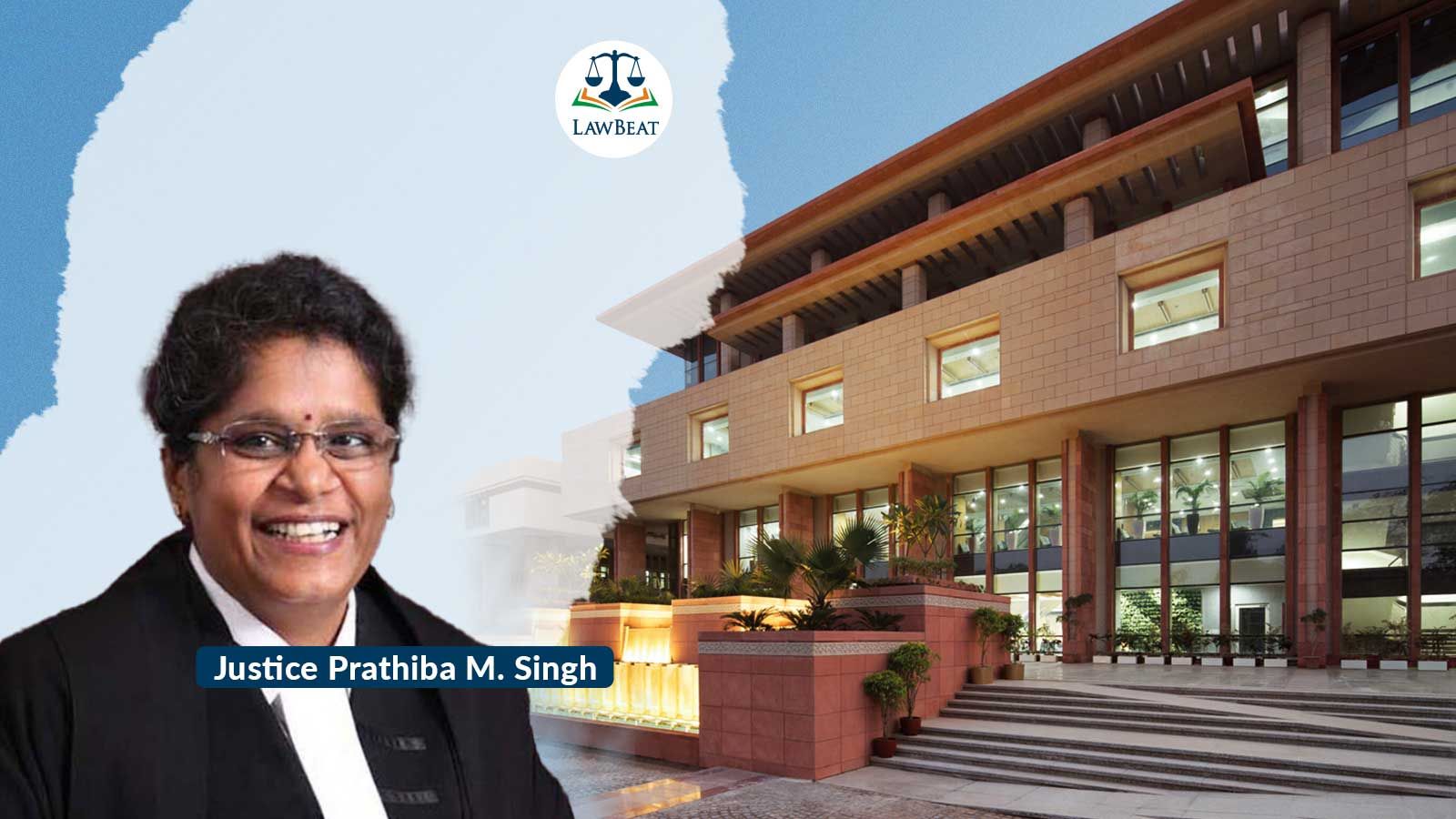Grounds of Non-Patentability need relook in light of emerging technologies: Delhi High Court

Court was dealing with an appeal filed seeking direction to set aside the decision of the Controller of Patents and Designs refusing to grant a patent titled ‘System and method to provide gift media’.
The Delhi High Court in its judgment dated May 11, 2023, referred to the 161st report on Review of the Intellectual Property Rights Regime in India that suggested reforms in the Patents Act, 1970, and Copyright Act, 1957 to conclude that there is a need to reconsider grounds of non-patentability, specifically Section 3(k) of the Patents Act, 1970.
Court was hearing a petition challenging the decision of the Controller of Patents to an invention providing for technical selection and distribution of media items.
Justice Prathiba M. Singh, while dismissing the petition, observed,
“A large number of inventions in emerging technologies including by SMEs, start-ups and educational institutions could be in the field of business methods or application of computing and digital technologies. There is a need to have a re-look at the exclusions in Section 3(k) of the Patents Act, 1970, in view of the growing innovations in this space. As the Parliamentary Committee Report referred to above recommends, the need to consider the march of technology in the digital space, is an urgent one, so that patent law is not outpaced and patenting itself does not become irrelevant in the years to come.”
Directions were further issued to Registry to pass on the copy of the present order to DPIIT, Ministry of Commerce and Industry for necessary consideration.
The broad issues before the Court in the present case were:
- Whether amendment of claims in a patent specification can be permitted at the appellate stage, at the instance of the Applicant? – Relying on the decision in Nippon A&L v. Controller of Patents and Nestle, court said that the same is permissible provided the amended claims are within the scope of originally filed claims. In facts of the present case, the amendment sought was found to expand the scope of existing claims and were therefore held impermissible.
- Whether the subject invention is non-patentable in view of Section 3(k) of the Patent Act, 1970? – Under Para 79 of the judgment, court assessed the specification to conclude that the purpose of the invention is primarily to enable the giving of media in tangible or intangible format to the recipient ."Such a giving of media irrespective of whether is worded as a method or system, would be nothing but a method for doing a particular business, hence falling under Section 3(k) of the Patents Act," court said.
- Whether the subject invention satisfies the other tests of novelty, inventive step and industrial application and is entitled to patent? – The court did not delve into the said issue as the patent was rejected on the ground of patentability itself, under Section 3(k) of the Act.
Brief Background:
The present appeal was filed seeking inter alia an order to set aside the decision dated 31.05.2021 by the Controller of Patents and Designs, which refused to grant a patent titled ‘System and method to provide gift media’ bearing application no. 2564/DELNP/2012 filed on 23.03.2012, under Section 15 of the Patents Act, 1970.
The subject matter of the patent application was stated to be network architecture and method implemented on the same to enable the exchange of interactive media content distribution of any type. The application has been allegedly refused by the respondent on the ground that the scope of the subject matter falls within Section 3(k) of the Patents Act and therefore not patentable and also, that the amendment of claims dated 10.12.2020 failed to meet the criterion under Section 59 of the Act.
Section 3 of the Patents Act provides for non-patentable inventions and 3(k) specifically provides that a mathematical/business method/computer program per se or algorithms are non-patentable. Further, Section 59 of the Act lays down supplementary provisions as to amendment of application or specification.
The counsel for the appellant cited various decisions by IPB and International Courts to claim that when a subject matter involves technical contribution and results in a technical effect the same ought to be granted a patent. Reliance was placed on decisions in Ferid Allani v. Assistant Controller of Patents and Designs, OA/17/2020/PT/DEL, Aerotel Ltd. v. Telco Holdings & Ors., Rev 1 [2006] EWCA Civ 1371, Symbian Ltd. v. Comptroller General of Patents, [2008] EWCA Civ 1066 and HTC Europe Co. Ltd. v. Apple Inc., [2013] EWCA Civ 451.
Against objections under Section 59, it was submitted that so long as the scope of the claim is not enlarged and it is within the overall claims which are already filed, the dependent's claims ought to be considered. Reliance was placed on the IPAB decision in OA/24/2020/PT/CHN to claim that dependent claims may be added at any stage of the prosecution of the patent. In the present case, no assessment had been made by the Controller as to how the appellant had expanded the scope of present independent claims.
Case Title: Open TV Inc. v. Controller of Patents | CA (COMM.IPD-PAT) 14 of 2021
